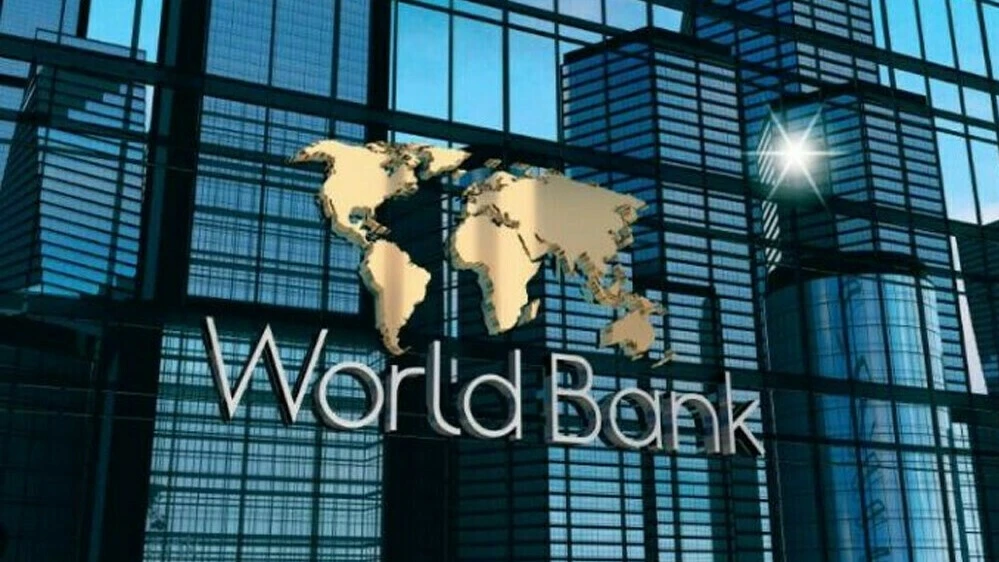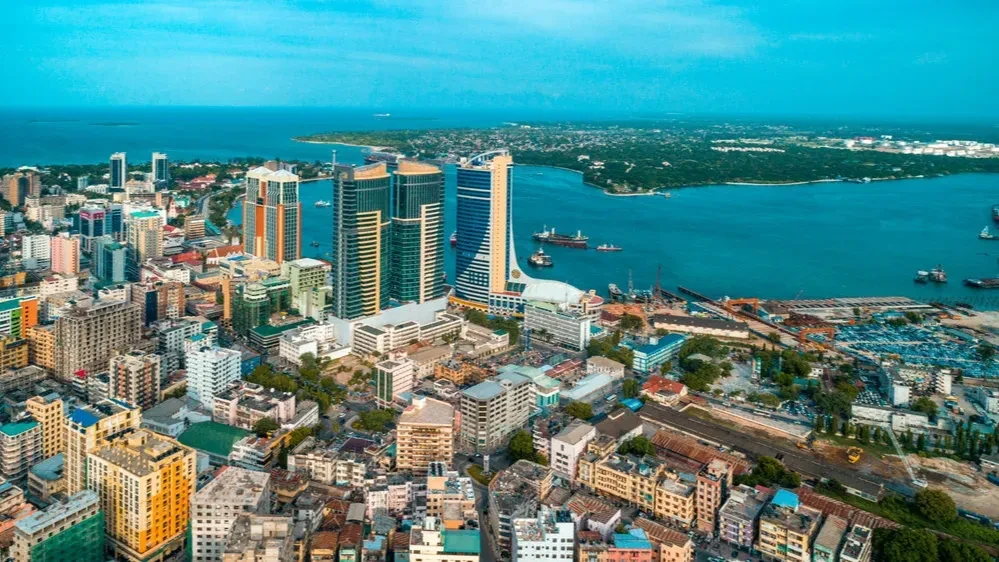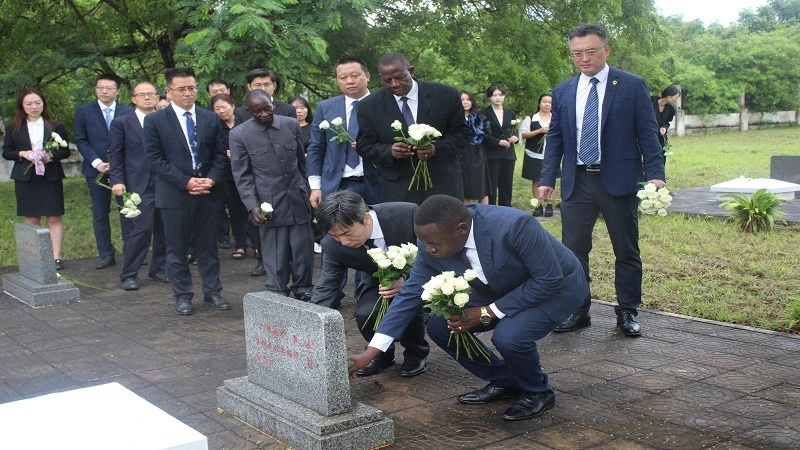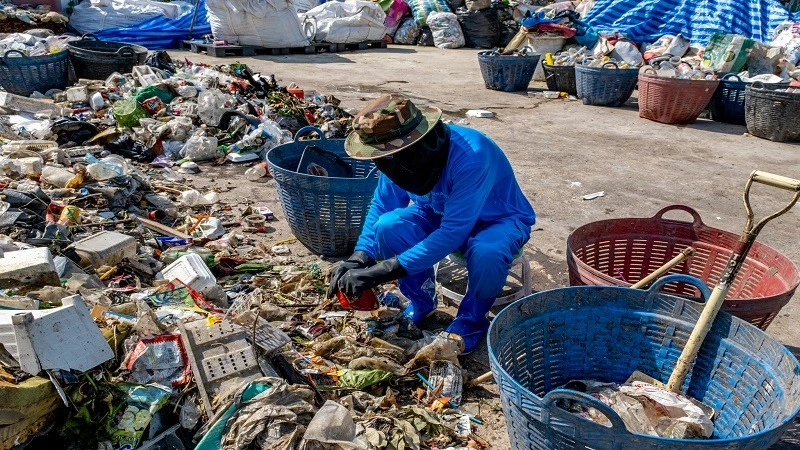Tanzania, Egypt have room for especially solid investment links

PLANS for Tanzania to expand its collaboration with Egypt, focusing on electricity, tourism, healthcare, gas and petroleum exploration, agriculture and manufacturing has what it takes to create a sort of economic community between the two countries.
The reason is that Egypt is seeking something like an extension of its own territory in sighting emerging regional markets, while offering Tanzania access to northern African and south European markets.
This emerged at an Egypt-Tanzania Business Forum held in Dar es Salaam at midweek, bringing together policy makers and business operators from both sides and whose scope of significance could in a sense be extended to create greater diversity of resident foreign investors.
What is noticeable is the breadth of areas in which Egyptian investors appeared to express interest – among them construction, pharmaceuticals, agriculture, manufacturing and energy.
Host country policy makers were meanwhile mostly ritually affirming Tanzania’s commitment to fostering an increasingly business-friendly environment.
One could argue that the issue is much less the stable political landscape, strategic location and abundant natural resources but the easing of regulations meant to facilitate mergers and acquisitions, particularly within the private sector.
As a corollary, the government would also need to upload parastatals’ shares for major strategic buyers and then a minor component for the stock exchange for wider public participation.
These are things that visitors at routine business forums cannot routinely ask as they respect the feelings of their hosts, and in fact often attend such forums to see if they have any inkling of moving in that direction.
Business forums show visitors the upper and lower limits of what host policy makers are prepared to do, in which case it quite possible that chances of Egyptian potential partners capitalising on the dynamic investment climate might not have been adequate.
It is often better for a foreign company to purchase an existing firm with assured goodwill in the market as a bonus, even if there are ongoing reforms improving infrastructure and streamlining business operations.
When the potential collaboration partner sends, say, cabinet ministers overseeing the foreign affairs, employment and immigration portfolios, evidently the interest isn’t just opportunities in trade and industry.
We might be used to expecting investors to get off with completely new projects and thus look askance at mergers and acquisitions, whereas businesses could safely be built in a speedier manner that way.
Egypt already has a strategic foothold in Tanzania in the construction of the Julius Nyerere hydropower project. Thus, if its big number of expatriates feel they are welcome here, they can inject substantial amounts of money into our economy as the project is completed.
There are other investors who can use Egypt’s presence in our country to ease their own projects, a ready example being Saudi Arabia and its expressed interest in agriculture generally and in the livestock sub-sector in particular.
When foreign companies buy up horticulture or ranching units and export produce with brand marks of their own firms, there could indeed be greater assurance of accessing markets than relying on international preferential tariffs – but the costs to some parties to the transactions could prove extremely high.
Tanzania and Egypt boast immense experience in terms of participation in a range of types or forms of regional and international development cooperation. It would thus be understandable for both countries to be optimistic about the kind of future whatever was agreed at the recent Egypt-Tanzania business forum could lead to.
Top Headlines
© 2025 IPPMEDIA.COM. ALL RIGHTS RESERVED

















